Photo caption: University of Canterbury master's student Saskia Brown
Te Whare Wānanga o Waitaha | University of Canterbury (UC) Professor Angus McIntosh and Dr Helen Warburton from the University’s School of Biological Sciences are supervising research into the sudden spread of aquatic weeds in the upper Waimakariri.
The study, led by master’s student Saskia Brown, is examining how these typically lowland species —monkey musk and watercress —are now establishing in high-country waterways.
Recent growth observed at UC’s Cass Field Station near Arthur’s Pass has provided an opportunity to better understand their presence and potential impact in these alpine ecosystems.
“These aquatic weeds are well-known for overtaking lowland waterways but are now appearing at alarming rates in alpine spring systems,” Dr Warburton says.
“While the springs are biodiversity hotspots, a refuge for native species with cold, clear water and rich invertebrate life, but that’s rapidly changing.”
“Some springs are still untouched, and others are already overwhelmed,” Dr Warburton says. “We have a window of opportunity to act; either we manage this now, or we risk losing these habitats for good.”
Brown has drawn on UC student data from 2004 to track ecological changes over time.
“These invasive weeds are now widespread, even in remote areas. Our data shows that the changes are relatively recent and rapid, and they are reshaping stream life by reducing invertebrate diversity,” she says.
The research has ruled out nutrient enrichment as a driver, and the team is now exploring other possible causes, including rising temperatures, grazing by introduced animals, and human or animal-assisted seed spread.
Professor McIntosh says while the Department of Conservation has begun controlling some weed outbreaks, Brown’s research is designed to drive broader regional responses and advocate for effective, practical strategies to support long-term weed removal.
“Springs that once supported distinct and diverse invertebrate communities are now becoming increasingly uniform, dominated by species like the invasive mud snail. Slowed water flow and dense weed growth are replacing the rocky streambeds that many native species rely on,” he says.
The UC research team stresses that long-term success depends on collaboration with local landowners, agencies, and communities to develop cost-effective, ecologically sound solutions that also recognise cultural values, including the role of watercress as a traditional food source.
Brown’s research is supported by the University’s Cass Field Station and builds on earlier undergraduate summer projects, reinforcing the long-term value of student-led science in protecting Aotearoa’s unique environments.
 Sustainable Development Goal 15: Life on Land
Sustainable Development Goal 15: Life on Land
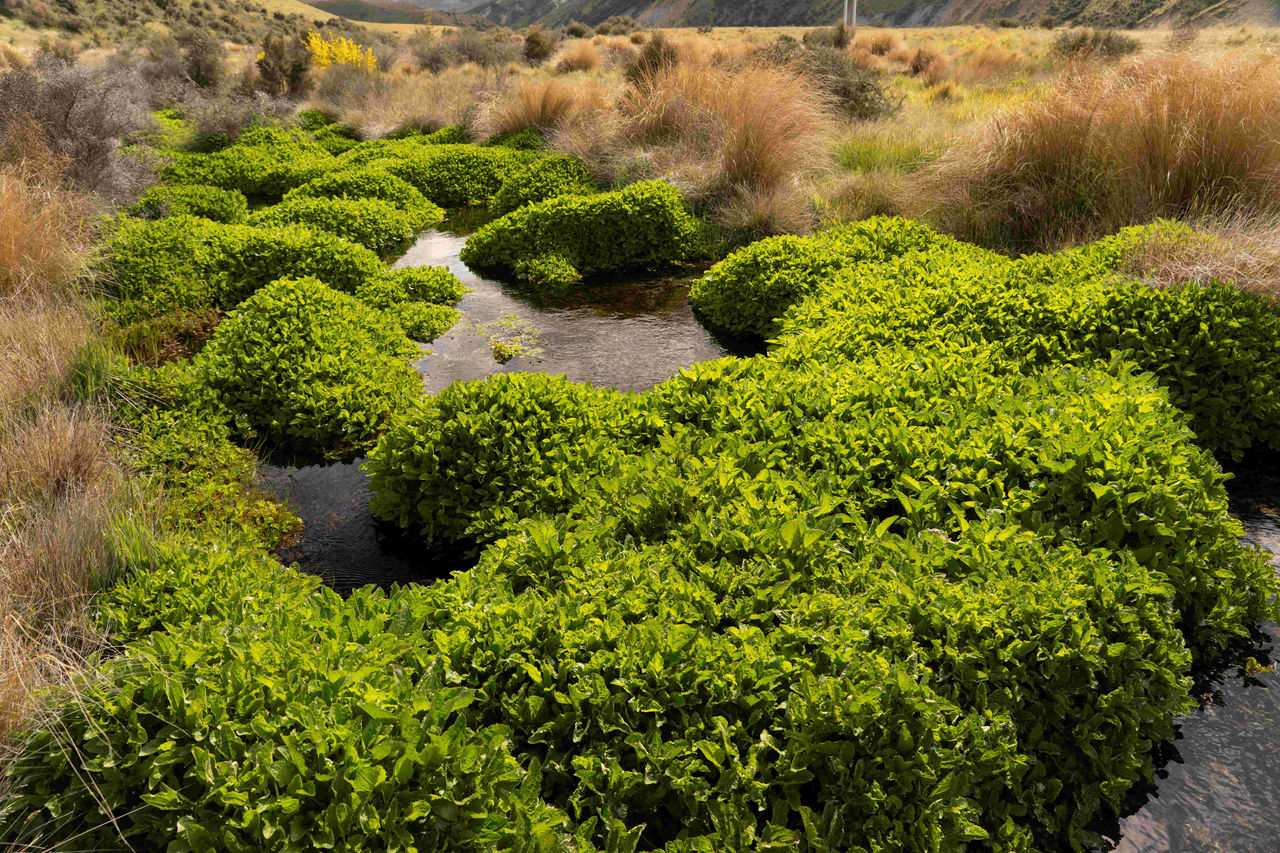 Spread of aquatic weeds in Aotearoa New Zealand high-country springs
Spread of aquatic weeds in Aotearoa New Zealand high-country springs
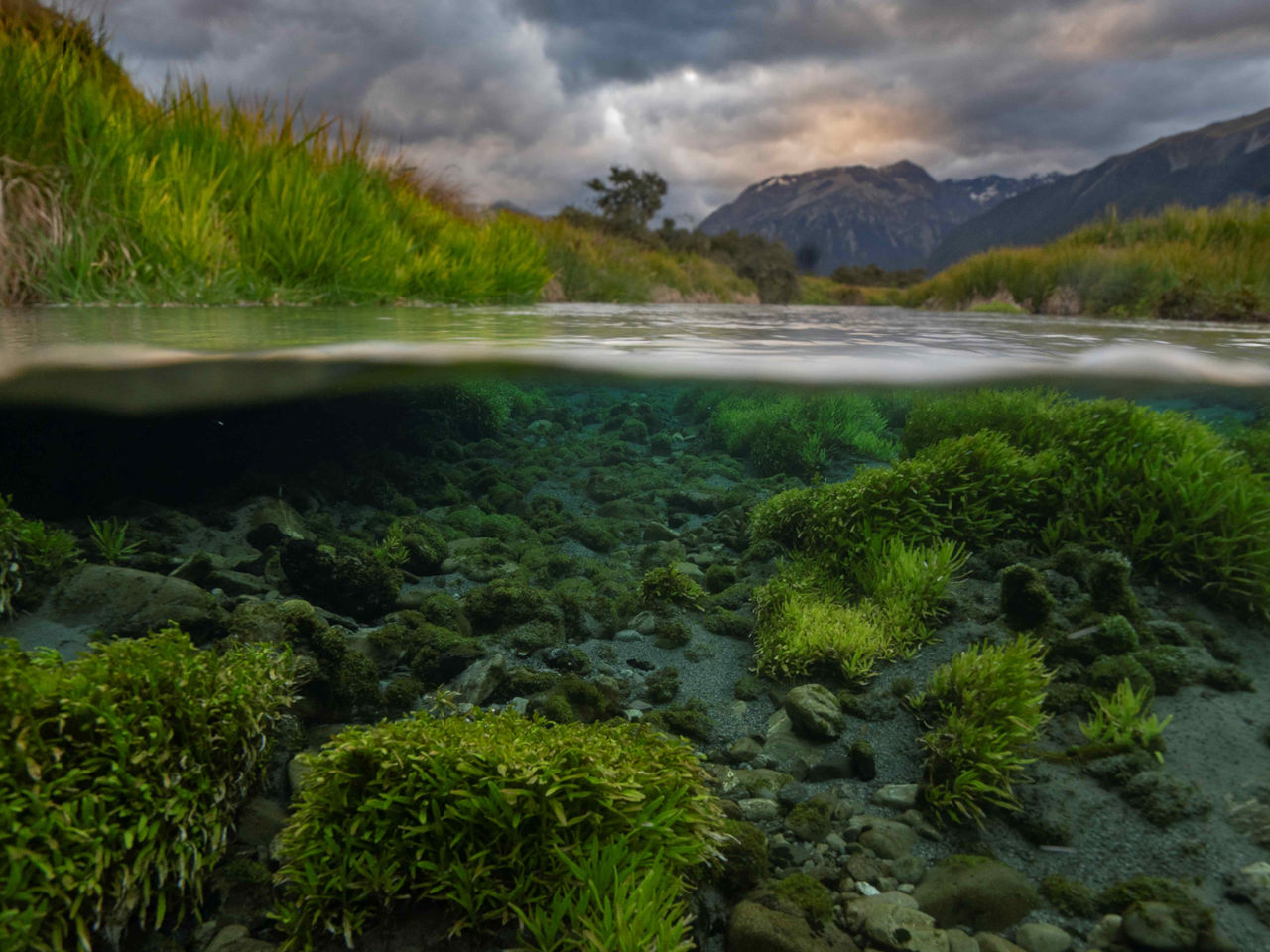 Aotearoa New Zealand High-country
Aotearoa New Zealand High-country


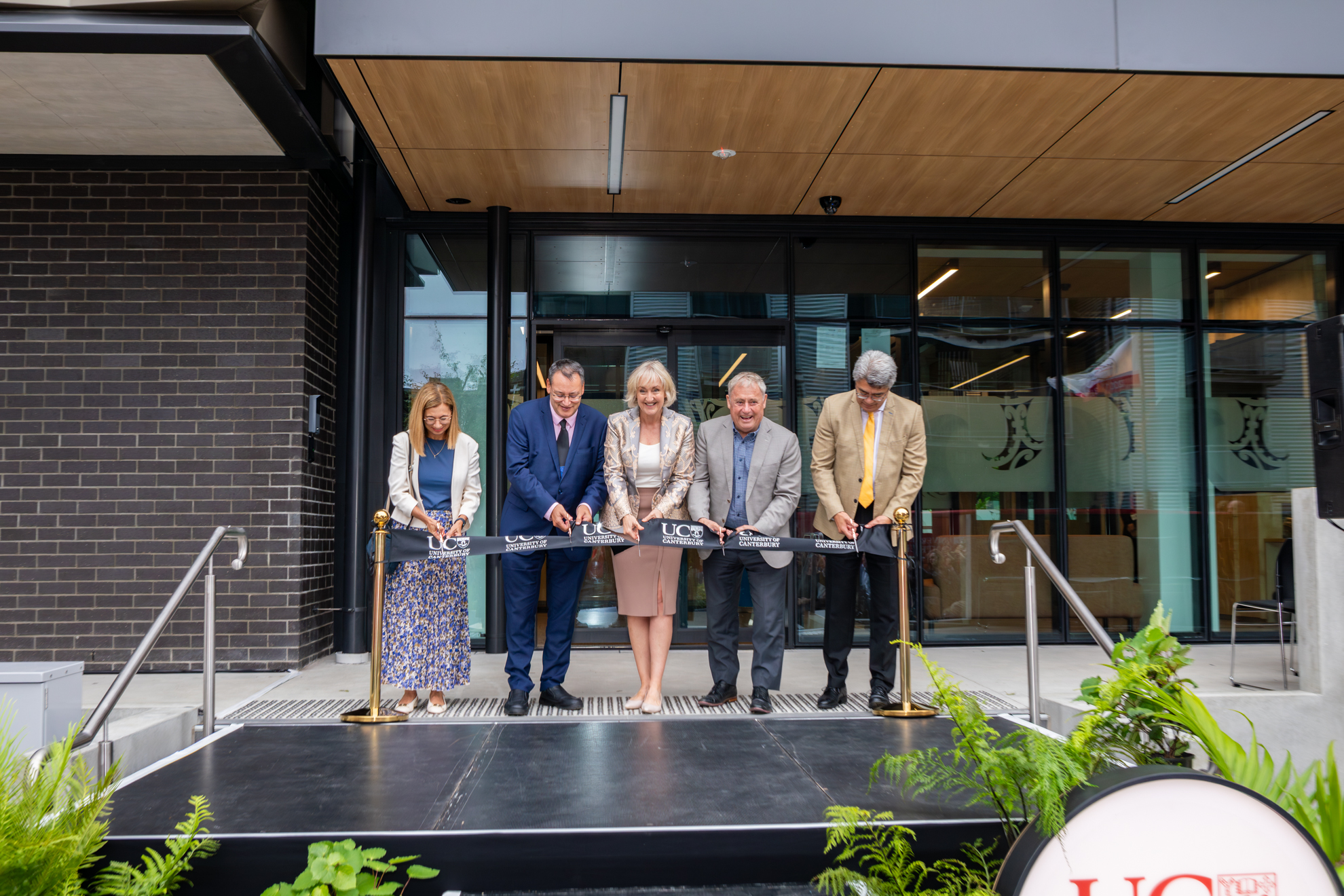

.png)

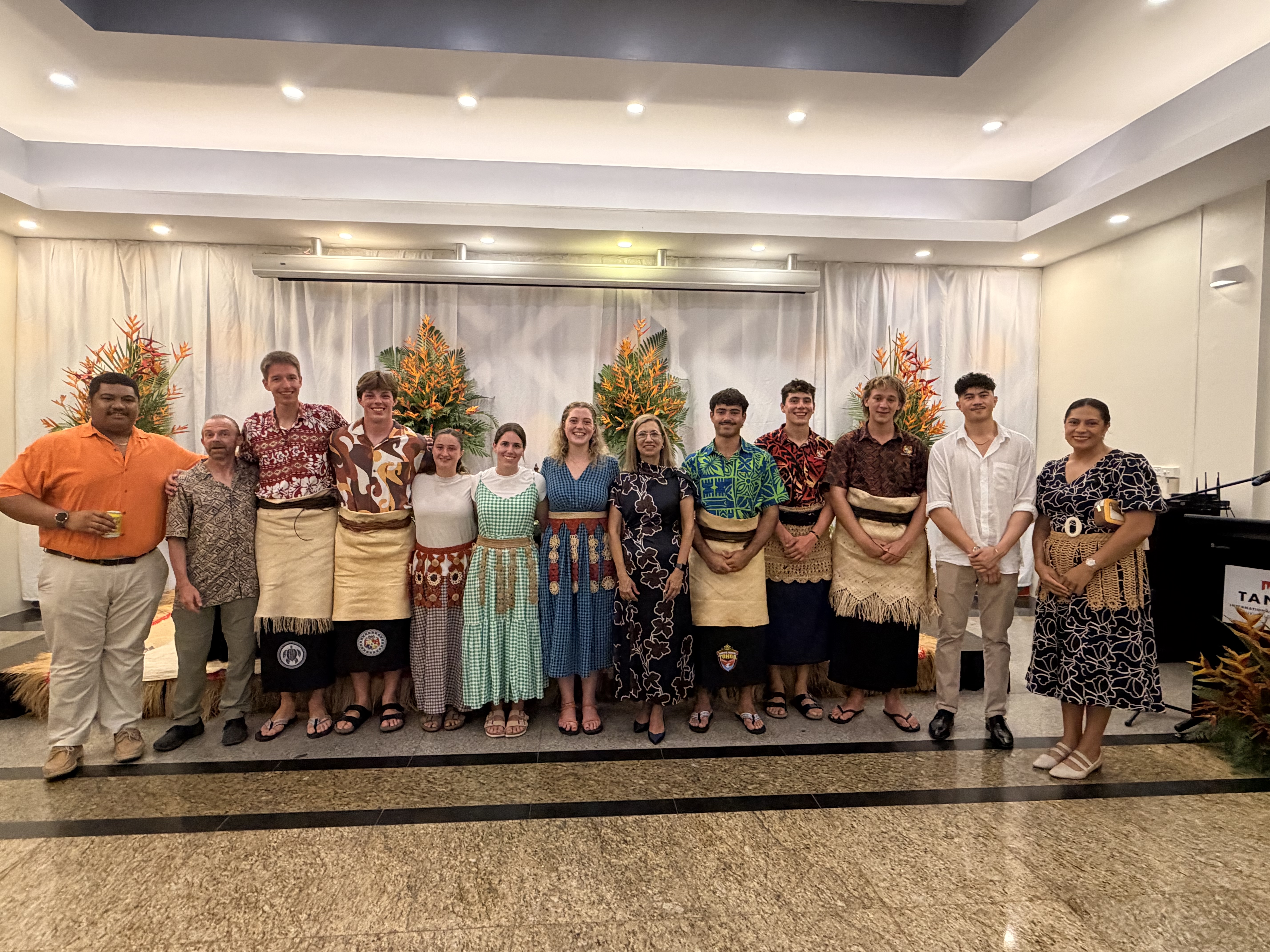
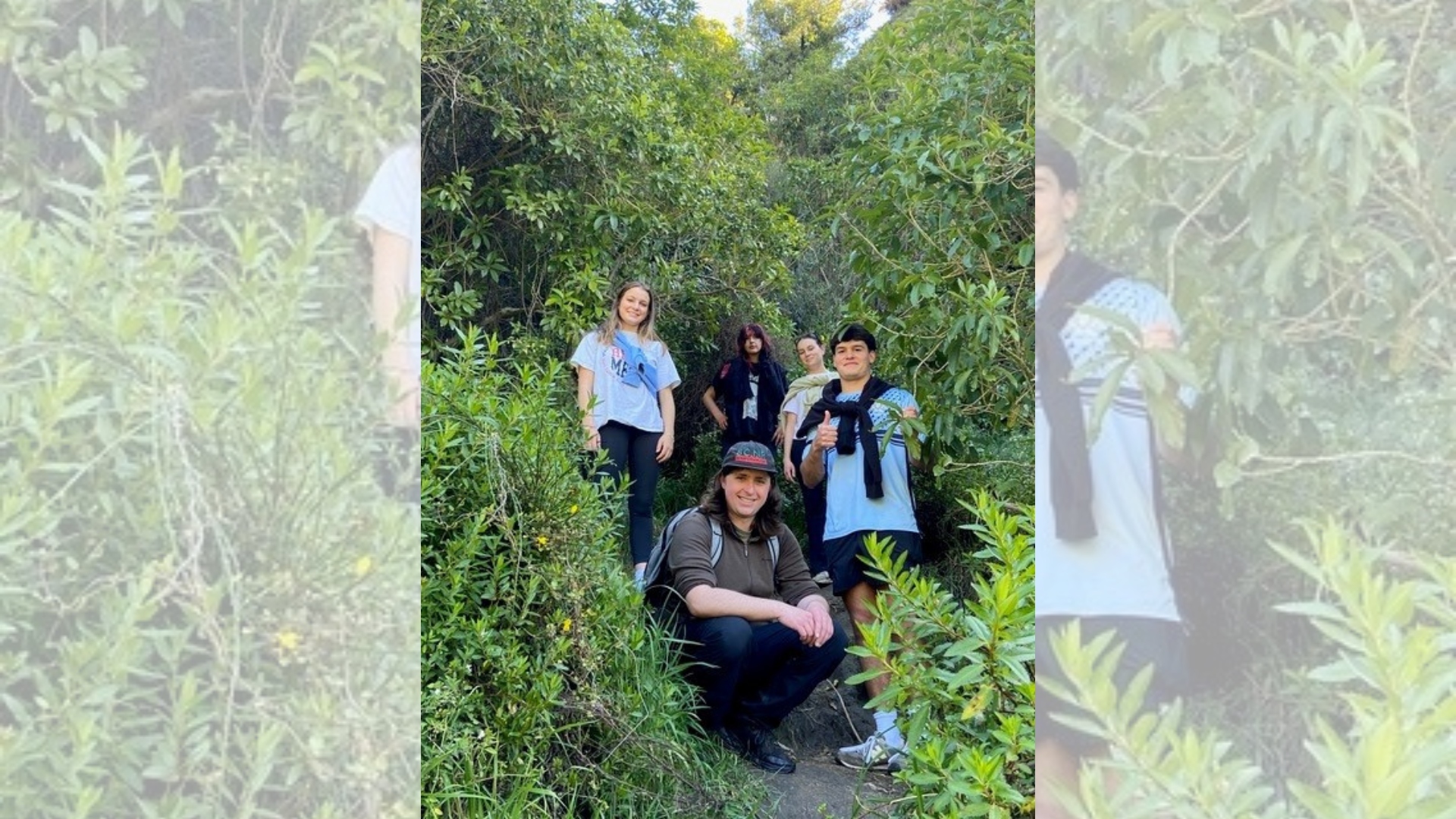
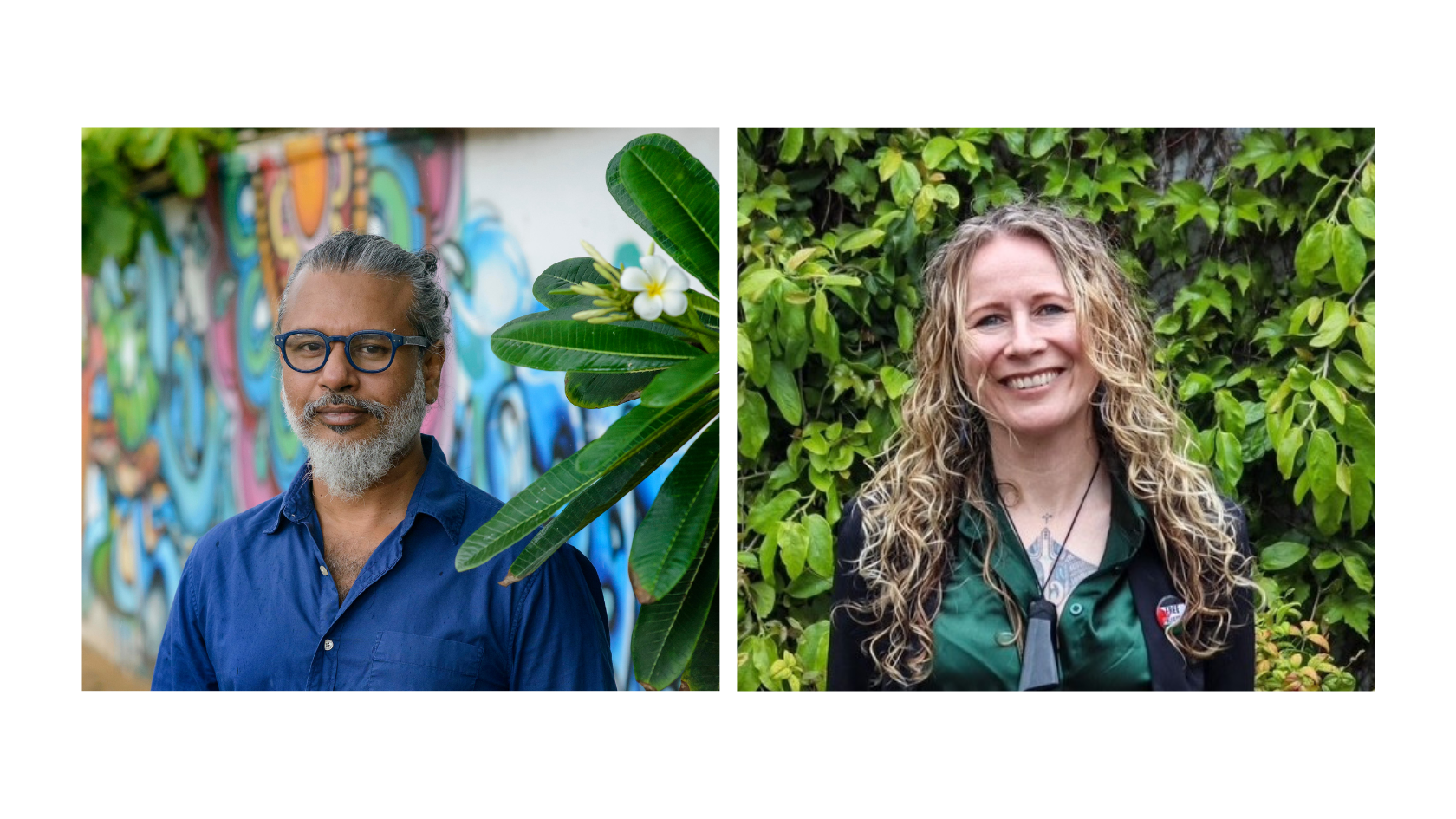

.png)